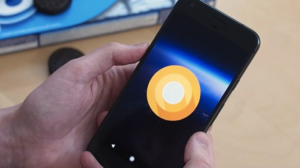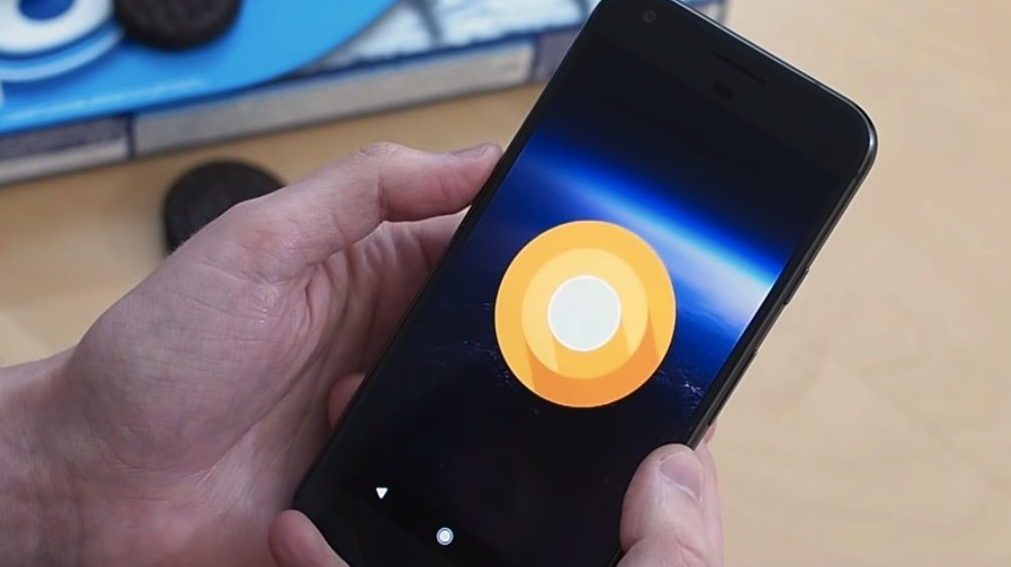Android has over 1 billion devices with older versions

Android has over 1 billion devices with older versions
The Android mobile device operating system of Google (wikipedia) suffers from a slowdown in the distribution of new versions, and there is no need to deepen significantly to ascertain this fact, where company figures confirm this fact in relation to the distribution ratio of different versions, the hardware engineer has discovered Dan Lou A worrying trend after studying the figures announced by the company, and reaching the conclusion that there is a slowdown in the absorption process of the new versions of Android.
The Android system fans from Google and Apple’s iOS from Apple can debate endlessly about who stole from each other and any phone or system better than the other, but there is at least one area where the Android system fails to keep pace with the largest competitors, the prevalence of versions of Android on Devices operating by the operating system, where Google failed for years to introduce the latest versions of its operating system of suppliers in a timely manner.
The company has made many promises about its intention to change this in terms of different versions of Android, but failed to achieve any progress so far. The new analysis shows the problems of Android updates notorious that the patching process worsen things over time, the analysis was based on data Available to developers and released by Google for the proportion of distribution versions since 2010 to date.
Related Posts
The company’s figures show a huge proportion of devices running on older versions of the Android system, and Dan Luo found that the proportion of devices powered by older versions of Android today is greater than in 2014, when the number of connected devices and effective about one billion devices, and rose This figure reached 1.4 billion by mid-2015 and reached 2 billion in May 2017.
Dan Lou used market share data for Android to create a graph to show the growing gap between the use of different Android versions over time. Lowe concluded three possible explanations for the slow-down of Android’s different uptake, slow growth of Android, slow hardware replacement, Updates.
“Google announced in May 2017 that there are more than 2 billion active Android devices, and when looking at its latest statistics, we can see that more than half of that number, or about one billion devices running by an older version of Android, We expect that about 0 percent of those devices will get updated for the Android operating system. ”
The latest figures from Google show that about 0.3 percent of the system’s total operating system has received the latest version of Orio 8.0, and that there are nearly 1.99 billion smartphones and tablet PCs that have not yet received the latest version of the operating system that Started in August.
The data indicate that there is one obvious reason why there are more devices running older versions than some of these active devices are about several years old, and they still seem to be working with Gingerbread released in May 2010 and Ice Cream Sandwich Which was issued in October 2011.
These figures can be illustrated by comparing the distribution of iOS versions of Apple, with the new iOS 11 operating system update in more than 50 percent of all iOS devices, less than two months after it was formally issued to all Users.

